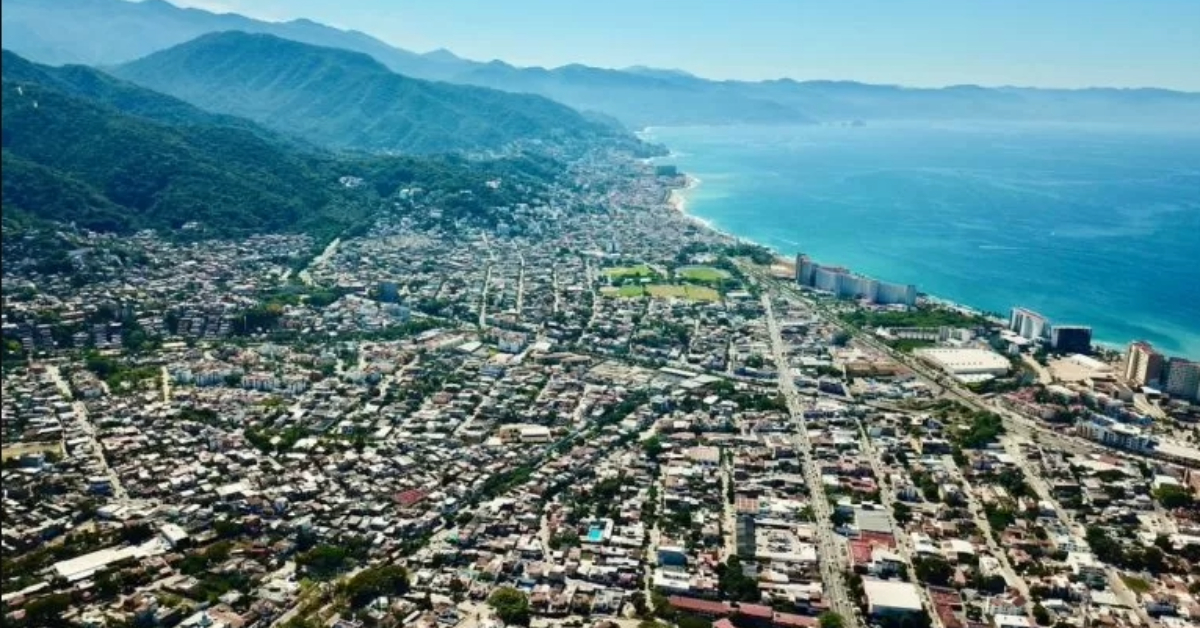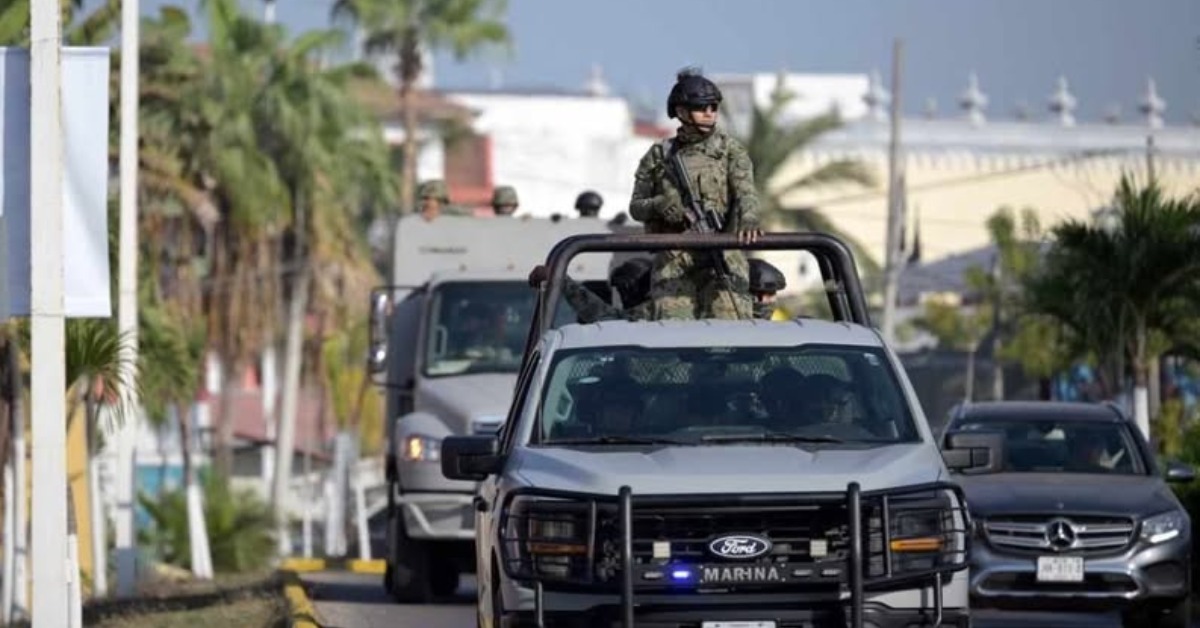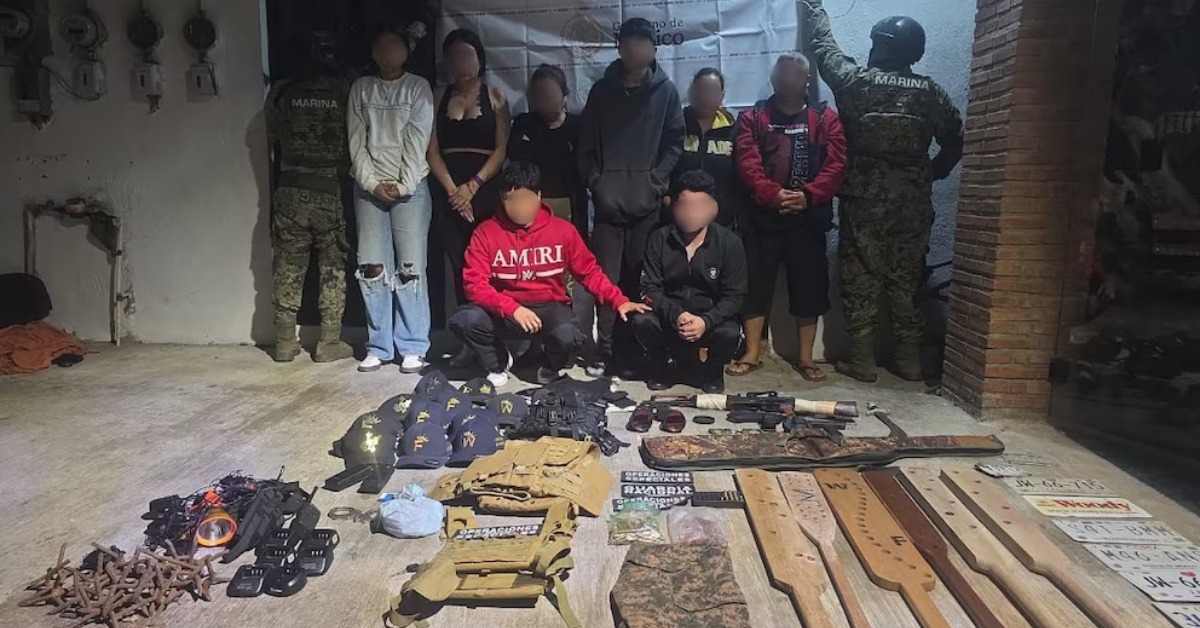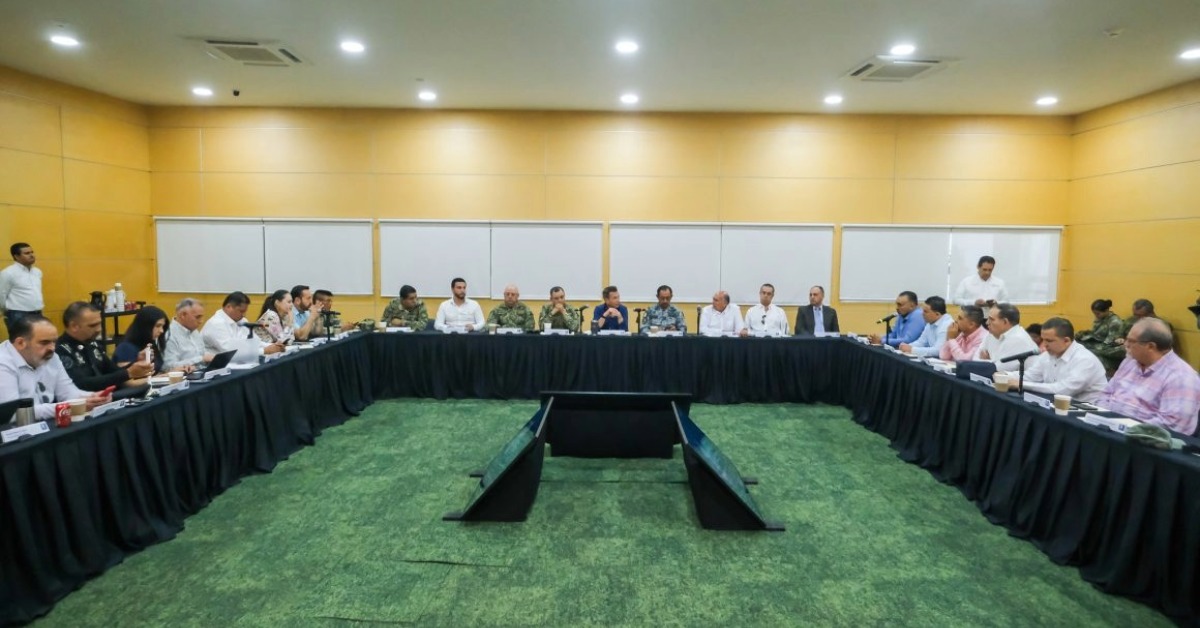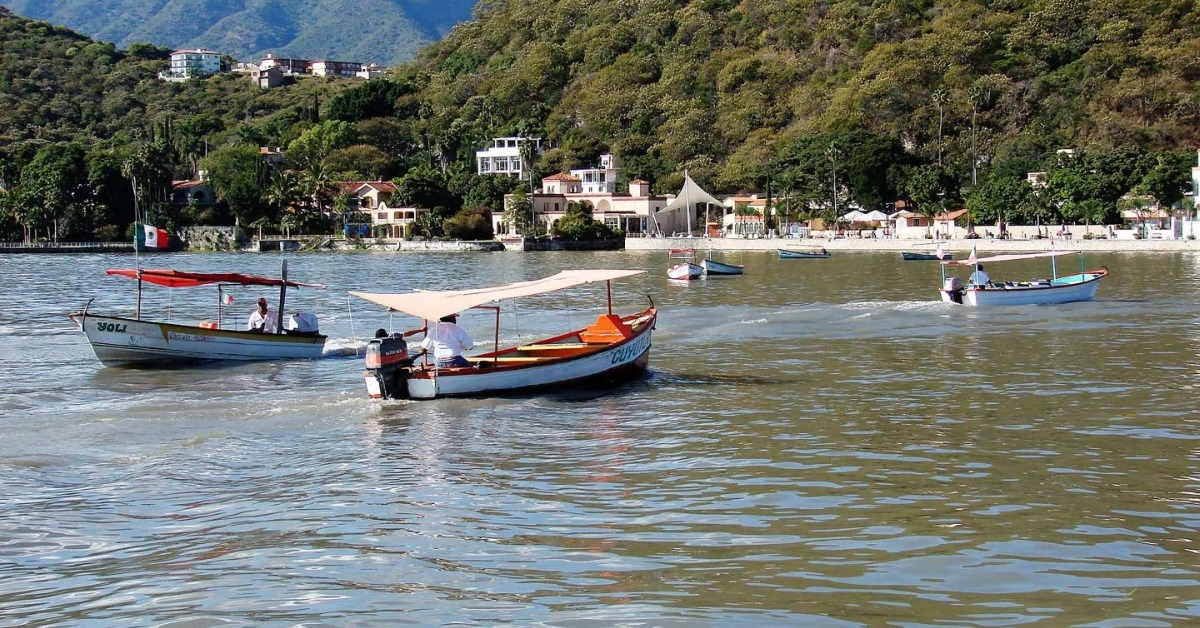Jalisco uses asset forfeiture to fight Puerto Vallarta money laundering by targeting properties linked to cartel funds and pursuing three major court cases.
Jalisco authorities have launched a focused campaign to disrupt money laundering in Puerto Vallarta by seizing real estate tied to criminal networks. Using asset forfeiture as a legal tool, the state seeks to strip organized crime groups of properties they bought with illicit proceeds over recent years in this high-profile tourist hub.
For decades, U.S. officials have flagged Puerto Vallarta as a key enclave for the . . .


